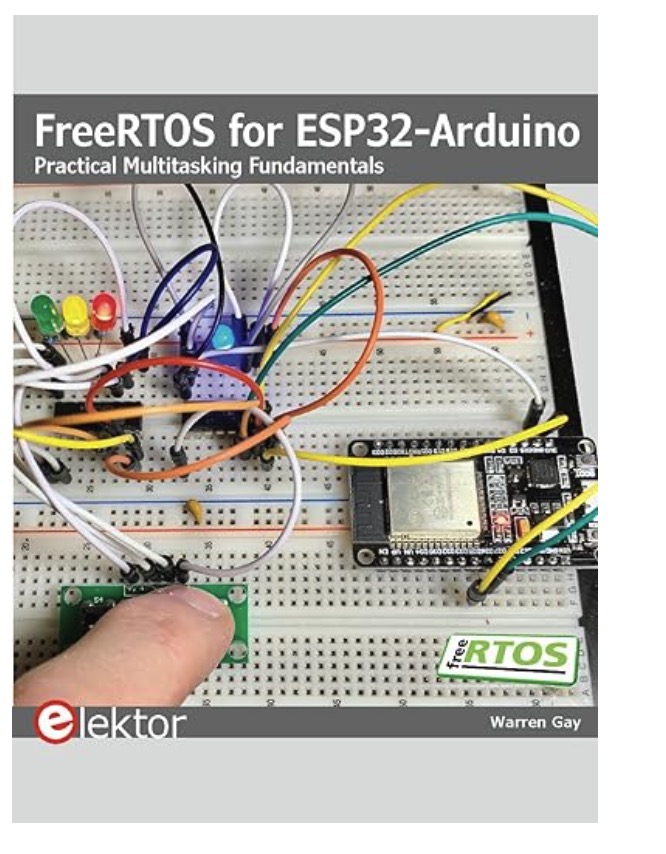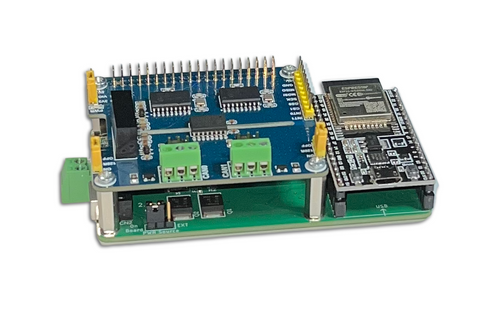Recent Posts
Practical Multitasking Fundamentals with FreeRTOS for ESP32
Posted by on
Programming embedded systems is complicated due to resource constraints and limited debugging facilities. Why would you develop your own Real-Time Operating System (RTOS) and your application when the proven FreeRTOS software is available free of charge? Why not start with a proven foundation?
FreeRTOS is a market-leading real-time operating system (RTOS) for microcontrollers and small microprocessors. Distributed freely under the MIT open-source license, FreeRTOS includes a kernel and a growing set of libraries suitable for use across all industry sectors. FreeRTOS comes with an emphasis on reliability and usefulness.
FreeRTOS includes libraries for connectivity, security, and over-the-air (OTA) updates. FreeRTOS also includes demo applications that illustrate FreeRTOS features on suitable boards. FreeRTOS is an open-source project. You can download the source code, contribute changes or enhancements, or report issues on the GitHub site.
Every software developer understands that you must divide problems into smaller ones to solve them. Using individual preemptive tasks and FreeRTOS communication mechanisms achieves a clean separation of functions within the application. The result is a safe and maintainable design.
Practicing engineers and students alike can use this book and the ESP32 Arduino environment to accomplish FreeRTOS concepts comfortably. The well-organized text lets you master individual concepts before starting the next chapter. Functional breadboard experiments and schematics bring the lessons home.
Each chapter includes practices to test your knowledge. The FreeRTOS Application Programming Interface (API) coverage is complete for the ESP32 Arduino environment. You can apply your learning to other FreeRTOS environments, including Espressif’s ESP-IDF. The source code is available from GitHub. These resources support your development activities when it is time to design your next ESP32 project.
espBerry - ESP32 Development Board with Dual Isolated CAN Bus HAT
The espBerry DevBoard combines the ESP32-DevKitC development board with any Raspberry Pi HAT by connecting to the onboard RPi-compatible 40-pin GPIO header.
The Dual Channel CAN Bus expansion HAT, designed for the Raspberry Pi, supports the full CAN2.0 Standard, and it features multi onboard protection circuits, high anti-interference capability, and reliable operation. As a result, it suits applications such as automotive devices or industrial automation.
The HAT is well documented, and there are multiple code samples using the C programming language under the Arduino IDE.
 Loading... Please wait...
Loading... Please wait...


